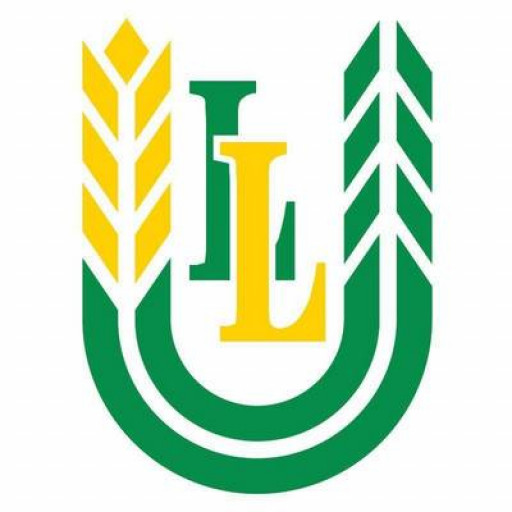Photos of university / #lluniversitate
Agricultural Engineering at Latvia University of Life Sciences and Technologies is a comprehensive and innovative program designed to equip students with the knowledge and skills necessary to address the modern challenges of agriculture and related sectors. The curriculum combines principles of engineering, technology, biology, and environmental science to prepare graduates for a variety of career paths in agricultural production, machinery, renewable energy, and sustainable development. Students are introduced to core subjects such as mechanics, thermodynamics, electrical engineering, and material science, integrated with specialized courses focusing on agricultural machinery, irrigation systems, farm automation, and agro-food processing equipment. The program emphasizes practical experience through laboratory work, field practices, and project-based learning, enabling students to apply theoretical knowledge in real-world settings. The research-oriented approach encourages innovation and critical thinking, fostering the development of new methods and technological solutions for sustainable agriculture. Graduates of the Agricultural Engineering program are well-prepared to work in designing, maintaining, and improving agricultural machinery, implementing efficient irrigation and drainage systems, developing renewable energy solutions for farms, and contributing to environmental protection initiatives. The program also provides opportunities for students to engage in international exchanges, internships, and collaborative projects with industry partners, broadening their professional perspectives. With a focus on sustainability, technological advancement, and environmental impact, the Agricultural Engineering program at Latvia University of Life Sciences and Technologies aims to produce versatile engineers capable of addressing contemporary agricultural challenges and contributing to the global effort for sustainable food production and resource management.
The Master study programme of Agricultural Engineering offers two specialisation options: Vehicles and Service and Power Engineering.
The programme includes the study courses: Engineering Research, Computer-aid Measuring Systems, Modelling of System Dynamic, Fundamentals of Logistics, Study of Patenting, Computer Aided Design, Intelligent Technologies and Systems, Ergonomics and Industrial Design, Mobile Systems Electric Equipment, Agricultural Engineering and the Environment, etc.
The study programme is completed with the elaboration of the Master thesis envisaging analytical and experimental research.
Experiments are performed in up-dated laboratories at the Faculty of Engineering using modern research methods and equipment.
- Bachelor's degree in Engineering, Computer Sciences, Mathematics or Physics;
- Engineer qualification (higher professional education) eligible for studies at the Master study programme in engineering or computer sciences;
- English requirements: IELTS score 6.0, TOEFL score 547, TOEFL-iBT score 76.
The financing of the Agricultural Engineering degree program at Latvia University of Life Sciences and Technologies is primarily supported through a combination of state funding, student tuition fees, and potential international scholarship opportunities. The program is designed to be accessible to a wide range of students, with tuition fees varying depending on the student's nationality and residency status. For local students, the cost is generally subsidized by the Latvian government, making education more affordable and encouraging enrollment within the country. International students are required to pay higher tuition fees, which are determined according to the university’s fee schedule for non-EU students.
Additionally, the university offers various scholarships and financial aid options aimed at supporting talented students, underprivileged applicants, and those demonstrating academic excellence. These scholarships can significantly reduce the financial burden of studies and are awarded based on merit, financial need, or specific criteria set by the university or external organizations. Some students may also have access to government student loan programs, facilitating financing through installment plans during the course of their studies.
Research grants and project funding also play a role in supporting the educational and practical components of the program, especially for students involved in research activities related to agricultural innovations, sustainable farming practices, and technological development. Such financial resources enable students and faculty to participate in national and international research projects, conferences, and workshops, further enriching the learning experience and contributing to the development of the agricultural sector.
The university actively collaborates with public and private sector partners, offering joint programs and internships that sometimes include financial incentives or stipends for students gaining practical experience. These opportunities sometimes come with funding options or employment prospects after graduation, contributing to the overall financial stability of students during their education.
In summary, the financing of the Agricultural Engineering program at Latvia University of Life Sciences and Technologies is multifaceted, combining governmental support, university scholarships, research funding, and financial aid mechanisms to ensure accessible, high-quality education that prepares students for successful careers in agriculture and related fields.
The graduates work in state-owned or private companies of vehicle service, energy supply and agricultural machinery. Master's degree entitles graduates to continue studies in a respective doctoral study programme in universities in Latvia or abroad.

